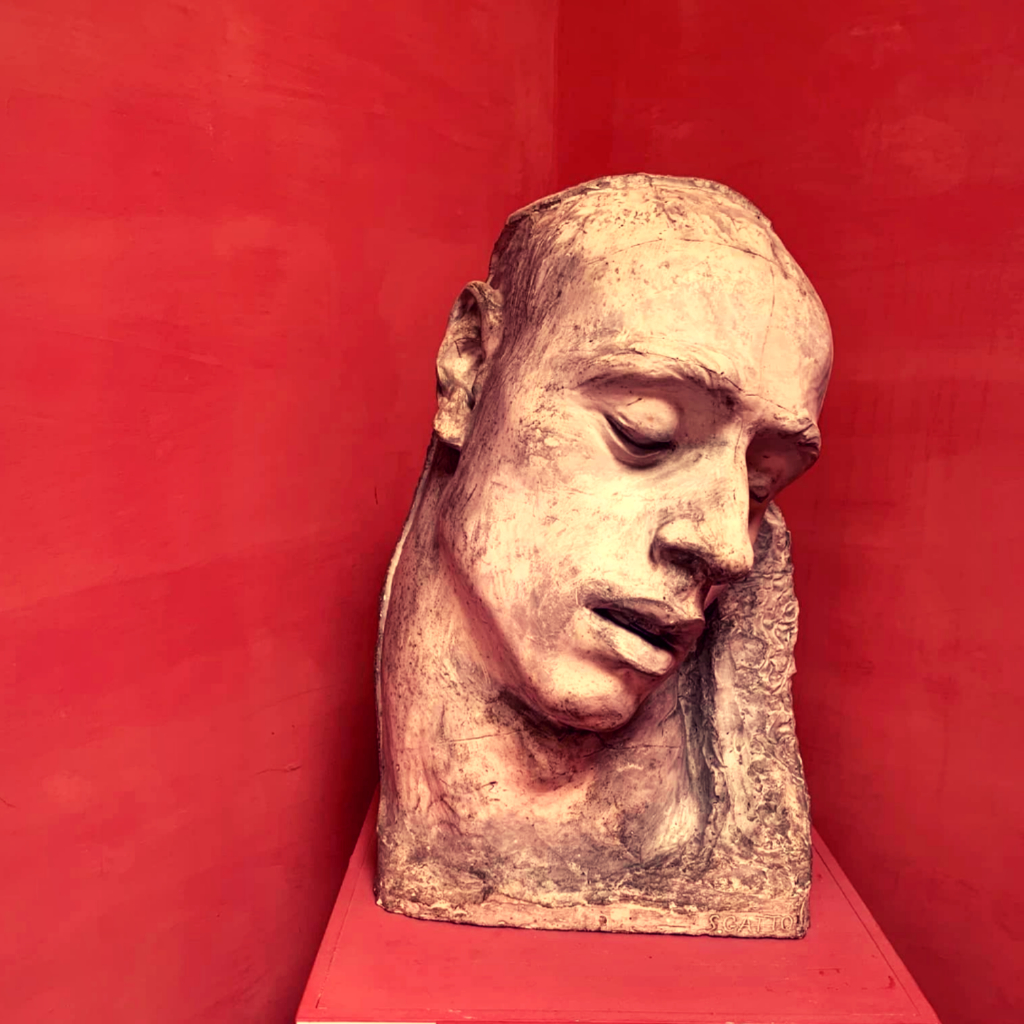
Today smash hit is the most direct manifestation of evil in art. Moreover, it is evil in a generalized sense. Because evil has a local color. Common to any locality is the stereotyping of thoughts and sensations. Frenzied popularity is a symbol of this stereotyping. It’s like canned food or a pill with an unmistakable effect: a hit.
And this is the greatest evil: the paralysis of individuality, the assimilation of all to all. Moreover, the hit is both the product and the cause of all this. There is an inverse relationship between the origin of the hit and its influence on the generation of new hits, on further stereotyping. Of course, there is some kind of mechanical positivity in the hits: they play hits with aerobics, and this is probably good (it would be bad to play Bach). But in principle, a hit in the development of art is a symbol of evil. Now about something else. Naturally, evil should attract. It should be pleasant, seductive, take on the appearance of something that easily creeps into the soul, comfortable, pleasant, or at least captivating. The hit is a good mask of all devilry, a way to get into the soul. Therefore, I see no other way of expressing evil in music than smash hit. The image of negative emotions - a torn texture, torn melodic lines, which express a state of disunity, agitation, jumping thoughts - this is also, of course, a reflection of some kind of evil, but not absolute evil. This is the evil of broken good. A torn soul - it may be good. But she is torn apart and from this she became bad. The expression of hysteria, nervousness, anger is the expression of the disease, and not the cause. But smash hit is closer to the reason. This is evil, which is sent as an obsession, as a test. It is very difficult to fight him. You talk about smash in my music. And I listen with amazement, because if I count the number of hits in my compositions and their timing, it won't turn out so much. But it - "sticks out", because it is - a bright "infection". You can ask the question: “Well, why not express goodness?” The fact is that the indirect, direct expression of goodness in music is the most difficult, and sometimes simply impossible. Let us recall Liszt's Faust symphony. What is the most uninteresting thing about it? "Paradise" finale - it is lean and dogmatic. But maybe Liszt is a special composer inclined towards Satanism in music - the person who really introduced Satanism into music. If we remember, in contemporary music, the positive is not associated with the brightest pages. In Shostakovich, for example, if you take the Seventh or Eighth Symphonies, the relatively faded positive pages do not outweigh the evil. "
Alfred Schnittke
Ivashkin A. Conversations with Alfred Schnittke. M., 2015
Get here:


